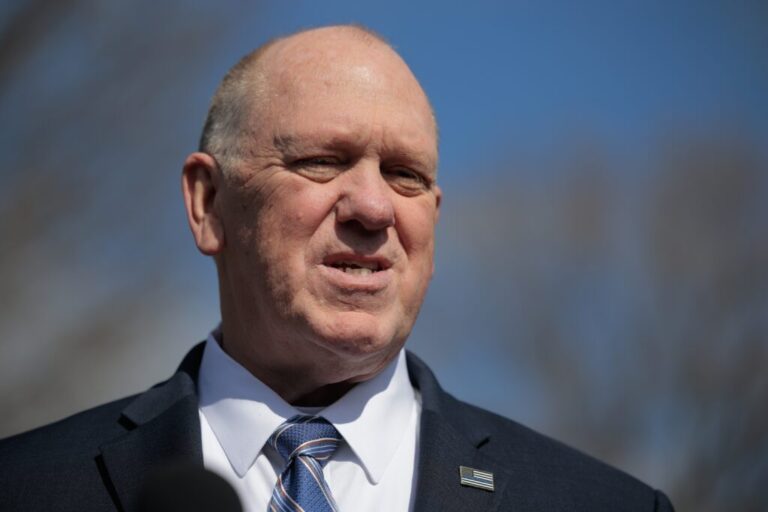Homan Defends Deportation Actions Amidst Legal Scrutiny
On March 17, 2025, during a briefing at the White House, Border Czar Tom Homan commented on the recent deportation of U.S. citizen children, attributing the decisions to their parents’ actions. This statement comes in the wake of public outcry regarding family separations in immigration enforcement.
Recent Deportations and Their Context
The deportation involved three young children, all under 10 years old, who were sent to Honduras alongside their mothers. The mothers participated in the Intensive Supervision Appearance Program, a legal provision allowing some individuals without legal status to remain in the U.S. while awaiting immigration proceedings.
“If you enter this country illegally, it’s a crime,” Homan stated. He emphasized that these actions resulted from the parents’ choices, saying, “You put yourself in that position. You put your family in that position.”
Concerns Over Due Process
Legal representatives for the families raised alarm over the process, claiming the mothers were denied adequate legal representation and faced swift deportations without due process. Gracie Willis, an attorney from the National Immigration Project, highlighted the case of a 4-year-old U.S. citizen with serious health needs who was deported without access to necessary medication.
U.S. District Judge Terry Doughty expressed his apprehension regarding the deportation of a U.S. citizen child, questioning the legal precedents being set. He scheduled a hearing for May 16, prompted by concerns that proper procedural safeguards had not been maintained.
“The government contends that this is all okay because the mother wishes that the child be deported with her,” Doughty noted, highlighting the uncertainties surrounding this claim.
Administration’s Defense
In his defense, Homan contended that the decision for the children’s deportation was made at the request of their mothers. He argued that the administration was acting in the interest of keeping families unified during deportation processes.
“What we did is remove children with their mothers who requested their children depart with them,” Homan explained. “They weren’t deported. We don’t deport U.S. citizens. The parents made that decision, not the United States government.”
Political Ramifications
These developments occur just as President Donald Trump marked the 100th day of his second term, a period characterized by a firm commitment to his immigration policies. Trump is set to sign two executive orders aimed at strengthening border security and combating so-called sanctuary cities.
The administration’s stance further escalated tensions with the judiciary after the decision to arrest a federal judge in Wisconsin, raising significant legal and political debates.
Looking Ahead
The situation raises critical questions about the administration’s immigration policies and the implications for families caught in these legal battles. As legal challenges unfold, the balance between national immigration enforcement and individual rights remains a contentious issue.


